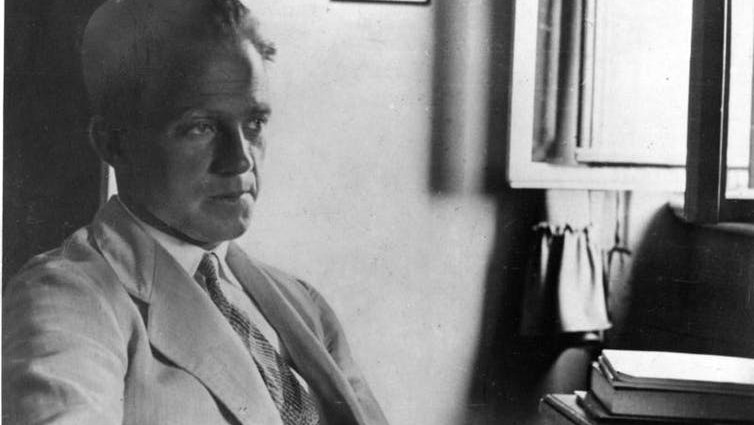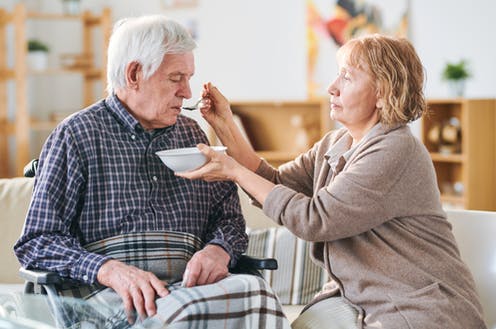Guns, drones and poison: the new age of assassination
Nobody has officially claimed responsibility for deploying the satellite-controlled machine-gun with “artificial intelligence” used to assassinate Iranian nuclear scientist Mohsen Fakhrizadeh in Tehran at the end of November. But you would get fairly short odds were you to bet on it being the Mossad, Israel’s aggressive – and notoriously inventive – foreign intelligence service. Israel has been carrying out what it calls “targeted killings” ever since its foundation in 1948. In his book, Rise and Kill First, leading Israeli journalist Ronen Bergman estimates the number of targeted killings at approximately 2,700. Israel’s intelligence agencies are renowned for the inventiveness of their assassinations. Wadi Haddad, the director of foreign operations of the Popular Front for the Liberation of Palestine (PFLP), wasContinue Reading


















